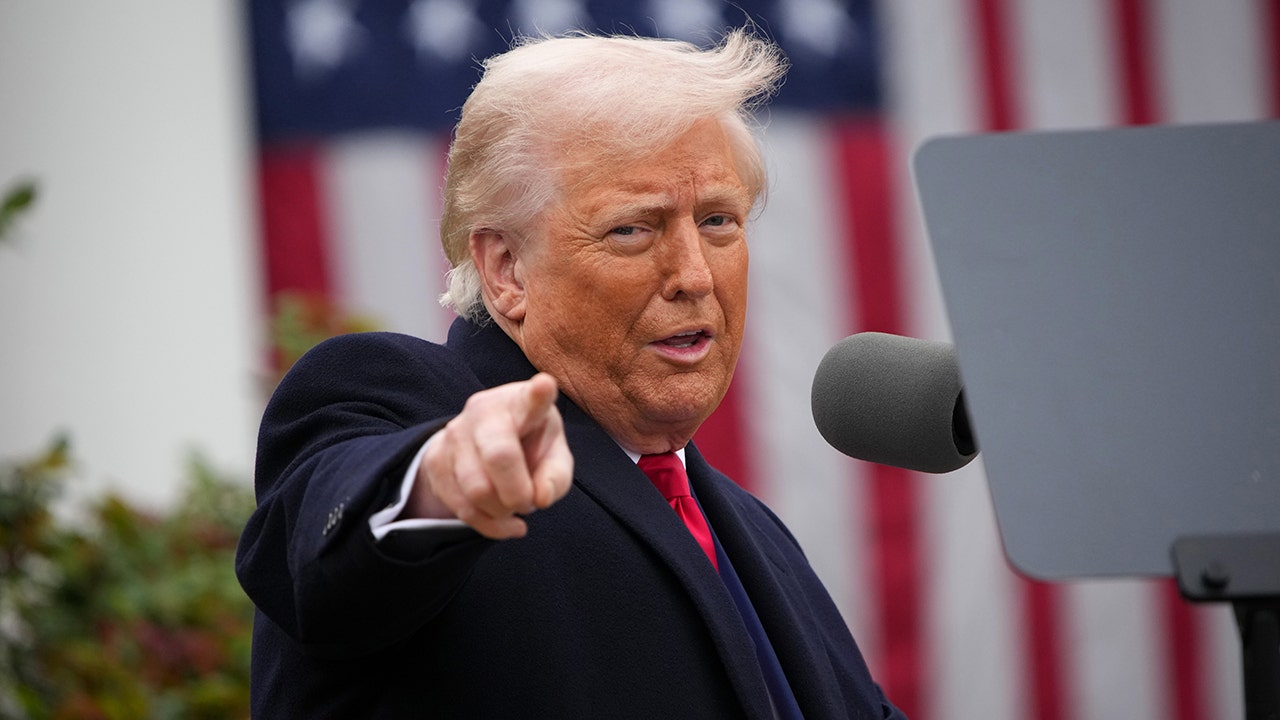If it’s going to point a clear way to a better future, President Donald Trump’s tariff push needs far better support from the White House staff than we saw in Wednesday’s release of “reciprocal tariff” levies.
How bad did it get?
Well, Trump’s long list included a 10% tariff on the Heard and McDonald Islands — Australian territories inhabited only by penguins.
No, “Happy Feet” birds aren’t stealing America jobs.
It quickly became obvious that the list of other nations’ “tariffs” on American products boiled down to this formula: US imports minus exports to a given country, divided by imports, then divided by two. That’s it. And if the resulting number is lower, make the “reciprocal” US tariff 10%.
Which has nothing to do with actual “reciprocal tariffs” — that is, with measuring the other country’s tariffs and non-tariff barriers to US goods.
So Israel, which tried to beat Trump’s announcement by zeroing out its tariffs, still got hit with a 17% rate; Vietnam, which drastically slashed its tariffs, still won a 46% rate.
We’re not free-trade purists or doctrinaire free-marketeers; we’re up for any moves logically aimed at onshoring jobs and reviving US manufacturing (especially in industries crucial to national defense).
But this is just head-scratching: A trade imbalance doesn’t necessarily mean a country is “taking advantage” of us.
It would be better to target the tariffs to the specific industries that the president wishes to rebuild.
Again: Families and businesses can prepare for some short-term pain.
Nobody’s suffering that much if Shein and the whole fast-fashion fad hit a brick wall.
Market chaos can be weathered, too.
But not long-term consumer, business and voter uncertainty.
We guess (hope) the White House A-Team is focused on the tax-cut fight, which will have larger and far more immediate economic payoff to working Americans than anything even a brilliant tariff policy can deliver.
If the tax cuts don’t get locked in soon, stagflation could even return to Biden levels — especially with tariff confusion leaving many businesses too confused to take bold, pro-growth risks.
And too much embarrassing chaos on the tariff front could derail the larger agenda, even as the Senate takes key votes to move the “big, beautiful bill” along.
The president needs to take stock of his overall team, and make sure they’re all working to land this plane and not crash it into the side of a fiscal mountain.
The midterm elections are just 19 months off. If the economy’s rolling along soon, they’ll go well for Republicans; if not, it’ll be “hail, Speaker Jeffries” and back to gridlock and stagnation.

 By New York Post (Opinion) | Created at 2025-04-03 23:56:28 | Updated at 2025-04-04 18:44:28
20 hours ago
By New York Post (Opinion) | Created at 2025-04-03 23:56:28 | Updated at 2025-04-04 18:44:28
20 hours ago








